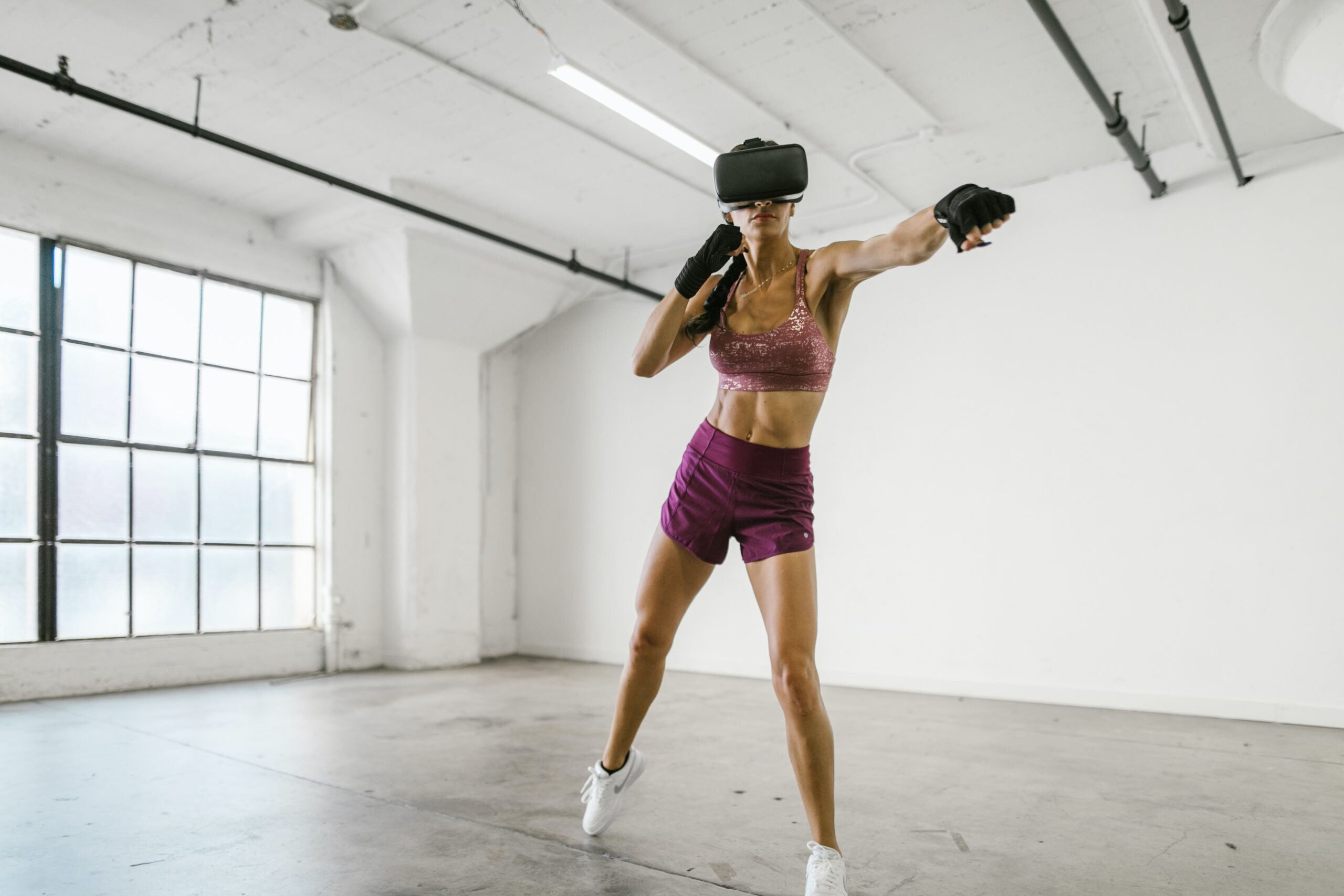The world of health and fitness is on the brink of a profound transformation. As we venture further into the 21st century, our understanding of human physiology, coupled with advances in technology, is shaping a future where the pursuit of a healthy, active lifestyle will be more accessible, personalised, and effective than ever before. Here’s a glimpse of what we can look forward to.
Personalised Nutrition
The one-size-fits-all approach to nutrition is rapidly becoming a thing of the past. In the future, individuals will have access to personalised nutrition plans tailored to their unique genetic makeup, lifestyle, and health goals. Genetic testing will provide insights into how one’s body processes nutrients, allowing for the creation of highly personalized dietary recommendations. This approach will optimise nutrient intake, manage weight, and prevent chronic diseases.
Artificial intelligence (AI) will also play a significant role in meal planning and tracking. Smart devices in your kitchen will offer real-time feedback on your cooking, suggest healthier ingredient substitutions, and even detect allergens in your food. These technological advancements will make it easier for individuals to make informed choices and stick to their nutritional goals.
Wearable Health Technology
Wearable devices have already made a significant impact on fitness tracking, but their capabilities are poised to expand dramatically. In the future, wearables will do much more than just count your steps. They will monitor various health parameters in real-time, providing a holistic view of your well-being.
Imagine a wristband that continuously tracks your blood pressure, glucose levels, and hydration status. It would be capable of predicting health issues before they become critical, allowing you to take preventive action. Such devices will also integrate with your electronic health records and provide data that doctors can use for more accurate diagnoses and treatment plans.
Telehealth and Remote Monitoring
The COVID-19 pandemic accelerated the adoption of telehealth, but its potential goes beyond occasional doctor’s visits via video call. In the future, remote monitoring and telehealth will play a pivotal role in managing chronic conditions and maintaining overall health.
Patients with chronic diseases, such as diabetes or hypertension, can be remotely monitored by healthcare providers. Wearable devices will send real-time data to doctors, allowing for more immediate adjustments to treatment plans. This proactive approach will reduce the number of emergency hospital visits and improve overall patient outcomes.
Virtual Reality (VR) Fitness
Virtual reality is poised to revolutionise the fitness industry. VR fitness programs will transport users to immersive virtual worlds where they can engage in exciting physical activities while burning calories. From virtual boxing and dancing to climbing virtual mountains, the options are endless.
VR offers a unique advantage by making exercise more enjoyable and engaging. This can be a game-changer for people who struggle to stay motivated with traditional workouts. VR fitness platforms will provide the excitement of gaming while delivering all the health benefits of physical activity.
Mind-Body Integration
The future of health and fitness is not just about physical well-being. Mental health and emotional well-being are receiving the attention they deserve. Practices like mindfulness, meditation, and yoga are increasingly being integrated into fitness routines. New technologies will help individuals monitor and manage their stress levels, providing biofeedback and suggesting appropriate interventions. Apps and devices will guide users through personalized mindfulness and meditation sessions, and brain-computer interfaces may even help with conditions like anxiety and depression.
Nutrigenomics
Nutrigenomics is a field that explores the interaction between genetics and nutrition. In the future, it will become a cornerstone of personalised health and fitness. By analysing your genetic makeup, scientists can identify the dietary strategies that work best for you, as well as those that should be avoided. For example, if you have a genetic predisposition to lactose intolerance, a nutrigenomics-based approach might recommend dairy alternatives to support your digestive health. This level of precision will help individuals optimize their diets for better performance and long-term health.
Biometric Gym Equipment
Traditional gym equipment is evolving into intelligent training tools. Biometric sensors on machines will monitor your performance in real-time, tracking your strength, range of motion, and even muscle fatigue. This data will guide you through workouts, adjusting resistance and repetitions as needed. Additionally, this technology will help reduce the risk of injury by monitoring and correcting improper form. It will also provide valuable feedback on progress, motivating users to push their limits safely and effectively.
The Role of AI in Health Coaching
AI-powered health coaches will become more prevalent in the future. These digital assistants will offer personalised guidance on fitness routines, nutrition, and mental well-being. They will adapt to your progress and changing goals, offering constant support and motivation. Moreover, AI health coaches will be available 24/7, providing guidance when you need it most. Whether you’re trying to resist that late-night snack or need an extra push during a workout, your AI coach will be there to help you stay on track.
The future of health and fitness is undoubtedly an exciting one. Science and technology are converging to provide more personalised, accessible, and effective approaches to wellness. With advancements in personalised nutrition, wearable health technology, telehealth, VR fitness, mind-body integration, nutrigenomics, biometric gym equipment, and AI health coaching, the possibilities for achieving and maintaining optimal health have never been more promising.
As these innovations continue to develop, the future will be marked by healthier, happier, and more empowered individuals taking control of their well-being. It’s a future where the pursuit of a healthy, active lifestyle becomes not just a goal but a way of life.




